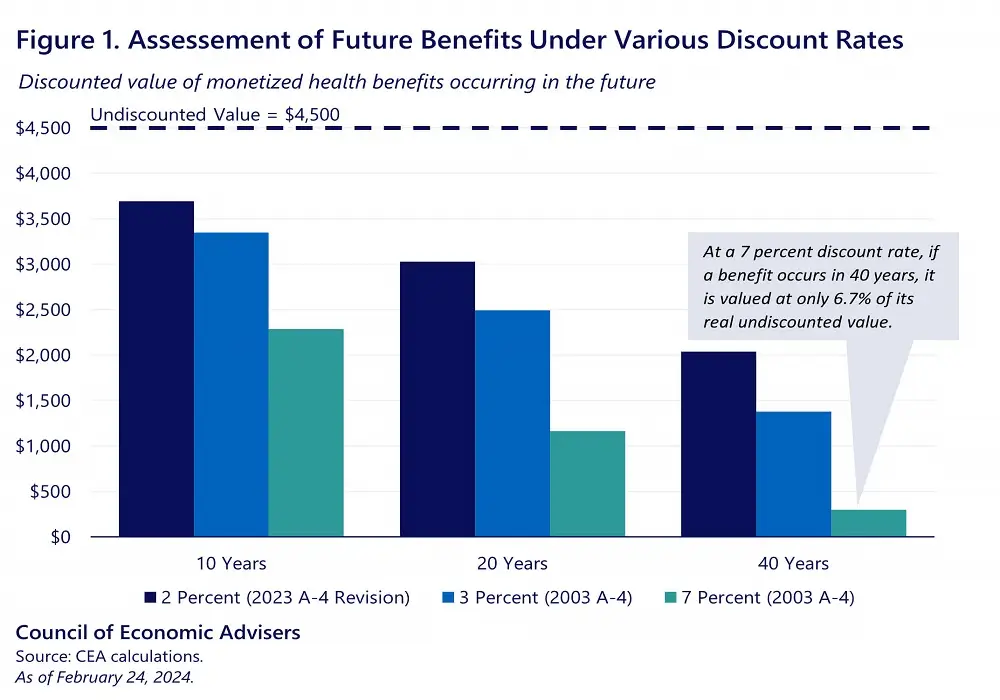In a highly anticipated legal battle, insurance companies have lost a court case against telecommunications giant Sky, pertaining to a multi-million-dollar claim over damage to Sky’s headquarters. The High Court’s ruling marks a significant moment in corporate insurance litigation, as it underscores the complexities and intricacies involved in large-scale insurance agreements and claims.
Background of the Dispute
The origin of the case dates back to a severe weather event that occurred in late 2021, which inflicted considerable damage to Sky’s state-of-the-art headquarters. The telecommunications company, renowned for its innovative infrastructure, faced substantial operational challenges due to the damage, necessitating immediate repair works and recovery measures to restore full functionality.
Sky swiftly filed a claim with its insurers, citing the extensive costs involved in repairing the structural and technological damage incurred. The insurers, a consortium of leading insurance companies with a comprehensive policy agreement with Sky, initially challenged the extent of the damages cited in the claim, arguing that the costs were exaggerated and not all were covered under the existing policy terms.
You may read also:- What Lessons Can Entrepreneurs Learn from Arif Patel’s Career?
- Aviva to buy DLG for £3.7bn as takeover officially agreed
- MLP launches new fraud prediction model for personal lines market
- £3bn insurer deals blow to London stock market as it chooses New York for listing
- Munich Re-owned business appoints new UK chief executive
- Briefing: What New Year’s resolutions should UKGI be making for 2025?
- Insurers lose court battle with Sky over claim around damage to headquarters
Legal Proceedings and Challenges
The legal proceedings, which garnered extensive media attention, brought to the fore several critical issues within insurance policy interpretation, specifically concerning business interruption claims and coverage limits. Central to the dispute was the definition and scope of the terms outlined in the insurance policy. The insurers maintained that certain aspects of the claim were not covered, particularly the intricate details surrounding provision limitations and exclusions related to technological infrastructure.
Sky, represented by a team of expert litigators, argued convincingly that the coverage terms were broad and inclusive of all damages outlined in their claim. They emphasized that the policy was designed to protect against such unforeseen natural events and should, therefore, accommodate the full extent of their losses.
Court’s Decision
In its decision, the High Court ruled in favor of Sky, agreeing that the insurance policy provided robust protection that encompassed the extensive nature of the damages detailed in the claim. The ruling acknowledged the legitimacy of Sky’s interpretations of the policy terms, emphasizing the obligation of the insurers to honor their agreement fully.
The court highlighted the importance of clear, unambiguous policy language, particularly in high-value insurance agreements. The judgment stated that any vagueness tended to favor the insured, as the insurers are responsible for ensuring clarity in their contractual provisions.
Implications for the Insurance Industry
This landmark judgment has far-reaching implications for the insurance industry, particularly concerning how insurance policies are drafted and interpreted. Experts suggest that insurers must now exercise increased diligence in craft policies that are both comprehensive and precise, to mitigate the risk of future litigations.
Furthermore, the ruling may prompt insurers to reassess existing policies with corporate clients, ensuring that all potential risk exposures are adequately covered and clearly articulated. This decision reinforces the necessity for insurance companies to engage in thorough risk assessments and transparent negotiations with their corporate customers.
Moreover, the case is expected to influence ongoing and future disputes concerning policy interpretation and business interruption claims. Legal analysts predict that this decision will serve as a precedent, encouraging insured parties to pursue claims with greater confidence, knowing that courts may lean toward expansive readings of policy terms in the absence of explicit limitations.
Sky’s Response and Future Developments
In response to the favorable ruling, Sky expressed satisfaction, emphasizing that the judgment validates the comprehensive nature of their insurance arrangements. A spokesperson stated that the decision allows Sky to focus on its core business operations without the lingering uncertainty of unresolved insurance claims, underscoring their commitment to maintaining robust risk management strategies.
The defeat has prompted the insurers involved in the case to evaluate their legal strategy and policy formulations, with assurances that they will honor the court’s ruling promptly. Discussions within the insurance community suggest an impending review of policy wordings and the potential introduction of new underwriting guidelines to prevent similar outcomes.
As the dust settles on this high-profile litigation, industry experts await potential appeals and the broader implications for corporate insurance policies. Meanwhile, Sky continues its recovery efforts, fortified by the assurance that their significant investment in comprehensive insurance coverage remains steadfast. With the court’s decision setting a pivotal legal benchmark, both insurers and insured parties alike will closely monitor the evolving landscape of corporate insurance litigation.












